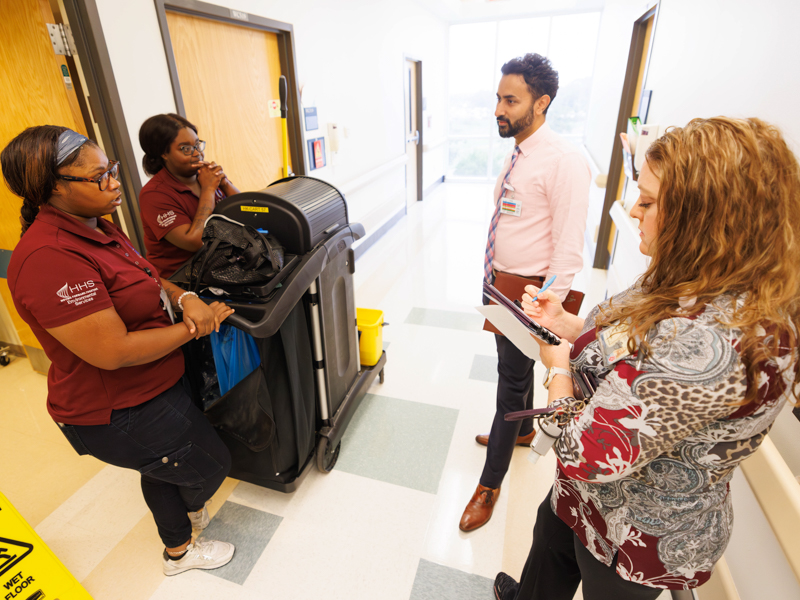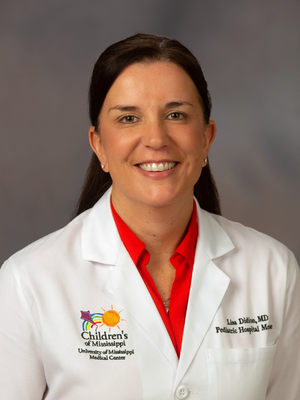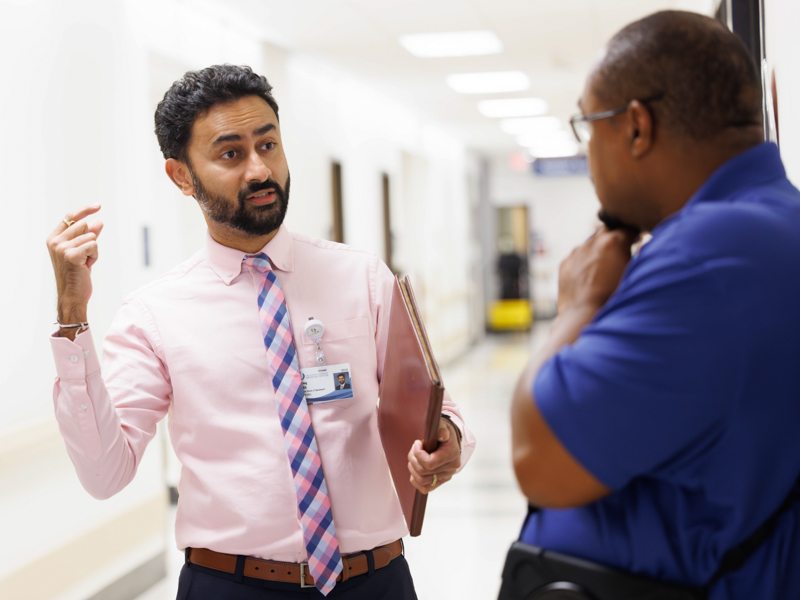Executive director named to lead UMMC Office of Operational Excellence

The University of Mississippi Medical Center officially launched the Office of Operational Excellence, introducing Varang Parikh as its new executive director.
The Office of Operational Excellence was created to support UMMC’s strategic priorities, focusing on maximizing value with a mission to instill a culture of continuous improvement throughout the organization. The goals of peformance improvement are to enhance patient care and to be more efficient in nonclinical areas.
As executive director, Parikh brings a wealth of experience in performance improvement to UMMC. Having held key roles at UMass Memorial Healthcare and Connecticut Children’s and supported Harvard Medical School’s Lean journey, he has been instrumental in ensuring esteemed academic and medical institutions operate at their fullest potential.
Under his leadership, the OOE will focus on expanding the infrastructure and support of performance improvement beyond quality to include hospital operations and finance through projects, data and training. The new training programs will teach department-level staff problem-solving techniques so they can independently drive improvements in their own areas. This approach allows for faster implementation of improvements, ensuring that each department can tackle its specific challenges with greater efficiency.

“Establishing the Office of Operational Excellence is the cornerstone of our value strategy,” said Dr. Lisa Didion, chief medical officer at UMMC. “Varang’s leadership will be invaluable as we work together to build a culture of continuous improvement, efficiency and effectiveness.”
The OOE is working with The Joint Commission Resources to implement a Robust Process Improvement methodology for the Medical Center. This effort has already resulted in two UMMC staff cohorts completing Green Belt training through RPI. The OOE will continue to expand the tiered belt system to allow team members at all levels of the organization to develop problem-solving skills.
Parikh emphasized that improvement is the shared responsibility of everyone in the Medical Center, regardless of rank or role. “Improvement is not just the responsibility of the Office of Operational Excellence,” he said. “It’s everybody’s responsibility. If everyone, every day, thinks of how they can improve whatever they’re doing on a daily basis, UMMC will be better positioned for success.”
A key focus for UMMC leadership is developing a culture of high reliability that strives to eliminate serious safety events impacting patients and to cultivate safer, more effective care. This goal involves not only improving clinical care but also streamlining processes in non-clinical areas such as supply chain management, hiring, contracting and finance.

“When I think about high reliability, it’s all about how we can make all our processes function in the best possible way,” Parikh explained. “[The OOE] can’t directly enhance the care of patients, but if we can improve processes, make them consistent, less error prone, timely and remove inefficiencies, we can help our team members provide better care.
“The idea is to help the organization reach a higher level through a couple of options,” he said. “We enable key projects that support the organization’s strategies, and we also create an environment of robust process improvement that enables sustainable change.”
The OOE will develop a structured process to ensure that the most impactful projects are identified and addressed. This will help expedite Medical Center efforts, maximize resources and ensure that each initiative contributes to UMMC’s overall mission of improving patient care.
“One of the biggest challenges in an organization our size is navigating and sustaining change,” Parikh said. “My role is to help enable my team to solve problems, support initiatives and take things one step forward from where we are today. It’s not about changing things overnight but about making small, consistent improvements.”


